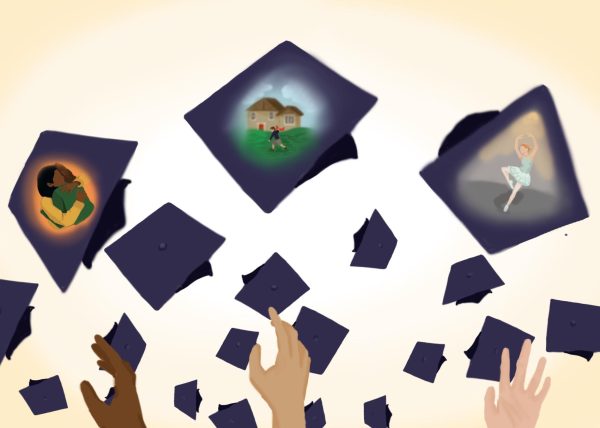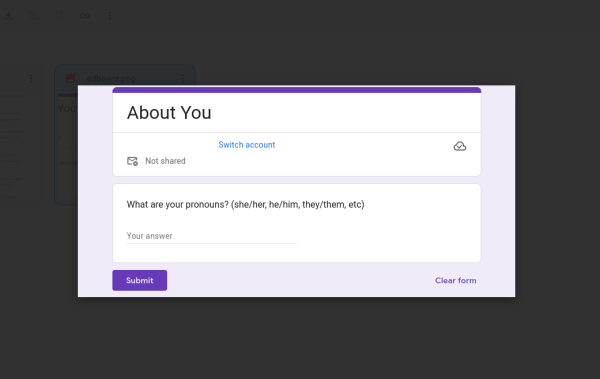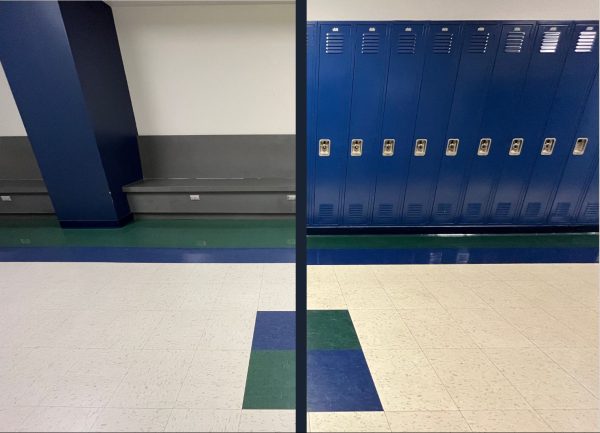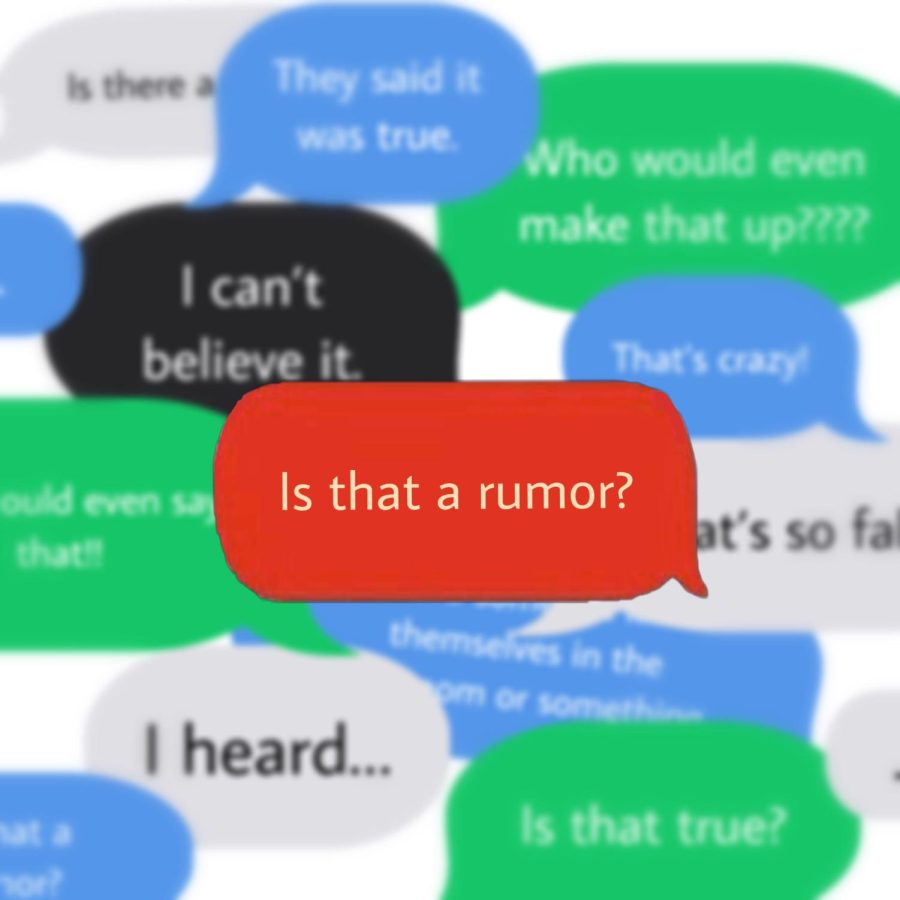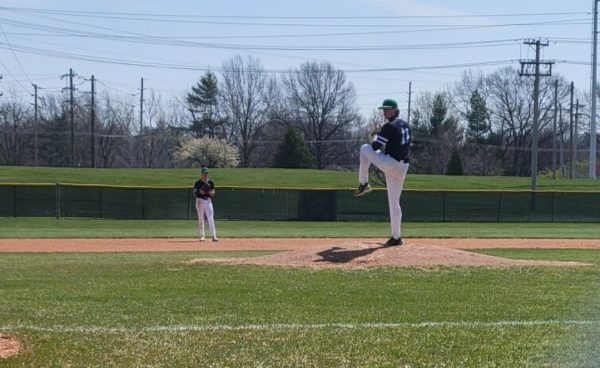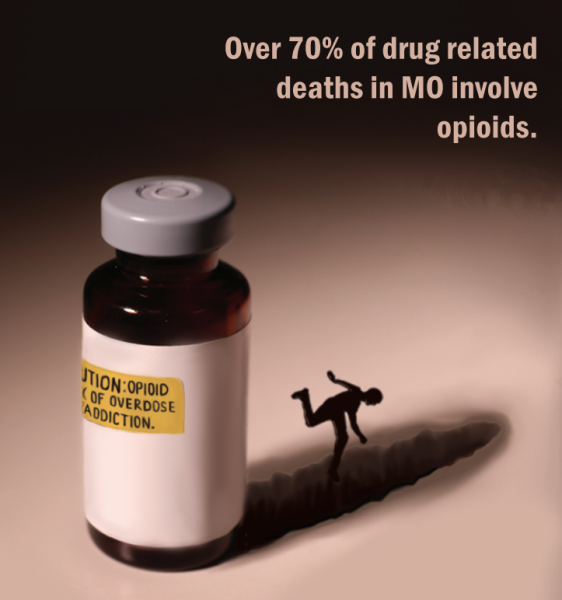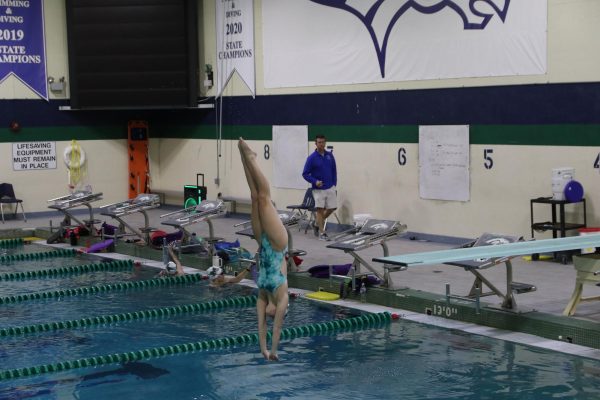Opinion: We are responsible for the spread of rumors
Media by Emma Tyulyayev
After the bomb threats at MHS, rumors spread like wildfire across social media. We as students need to hold ourselves responsible for these rumors and stop the spread of false information.
The police found a bomb in the building. There’s an active shooter on the third floor. Students have been shot and another one is dead.
Rumors like these circulated through social media platforms after MHS evacuated due to online threats on Thursday, Nov. 17, and Friday, Nov. 18.
The rumors started on Thursday when a bomb threat was sent to students in the building. The administration decided to evacuate and send students home for the day.
Our ability to create rumors is only limited by our imagination and the speed of our fingers.
On Friday, another threat, this time concerning a gun, was AirDropped to students in the building. The police found nothing in the building both days, and the creators of the threats were caught within a week.
Emergency situations like these increase the number of rumors and false claims. The situation at MHS was scary for many students, but the exaggerated rumors were the real threat in the end.
Our parents remember where they were when they heard the Twin Towers had been attacked on 9/11. Our grandparents remember where they were when they heard President Kennedy had been shot. During both times of emergency, people looked to the newspapers or news channels for information on the events, but that isn’t the case today.
Today social media platforms make it easier to spread information. We must be more careful to control the spread of rumors than past generations. Our ability to create rumors is only limited by our imagination and the speed of our fingers.
We need to determine if rumors will add to the hysteria of the emergency and refrain from sharing those that do.
Posting unverified claims during emergency situations undermines the hard work of the police department and our administration to contain the situation.
During the evacuations, the Messenger staff messaged each other constantly trying to figure out what was true and what was rumors. As a rule, journalists only publish accurate information during an emergency obtained from a credible source or witnessed firsthand. For example, sending out “MHS is being evacuated” follows this rule, but “police found a gun on the third floor” and “there is a bomb in the building” do not.
We as students have to hold ourselves to this higher standard. To stop the spread of false information, we should only share what we know to be true — what we saw and heard with our own eyes and ears. We need to determine if rumors will add to the hysteria of the emergency and refrain from sharing those that do. We need to share with more common sense and less pure emotion.
Post, snap and tweet wisely.
Your donation will support the student journalists of Marquette High School. Your contribution will allow us to purchase equipment and cover our annual website hosting costs. You may become a PATRON by making a donation at one of these levels: White/$30, Green/$50, Blue/$100. Patron names will be published in the print newsmagazine, on the website and once per quarter on our social media accounts.

Annabelle Miller, senior, is the editor-in-chief of the Messenger. She has been on staff for two years. Annabelle is an outfielder on the Varsity Softball...

Emma Tyulyayev is an Illustrator for the Marquette Messenger. This is her second year on staff. After school, she enjoys driving around and going on frequent...



